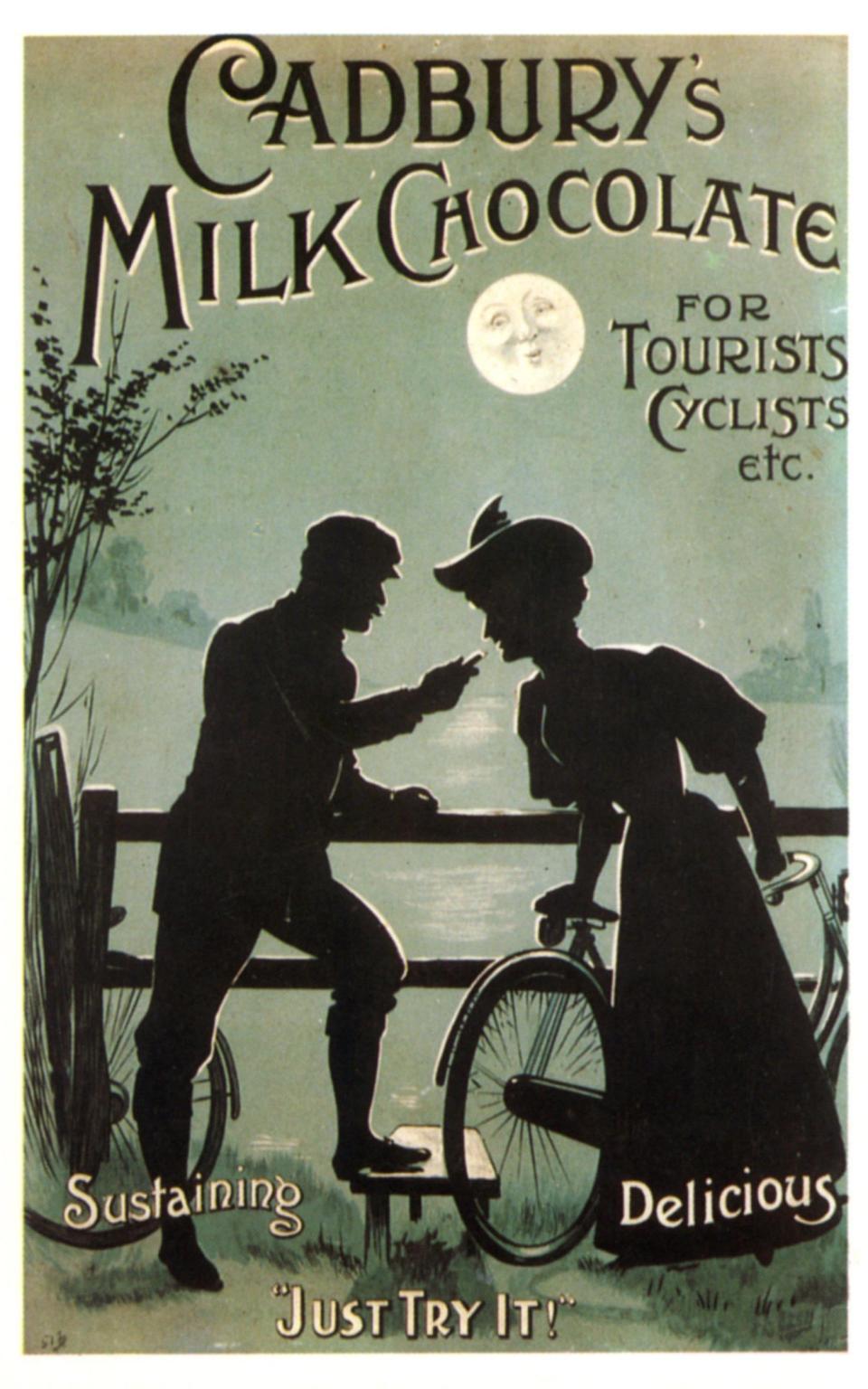Letters: The SNP’s misguided budget shows contempt for hard-working Scots

- Oops!Something went wrong.Please try again later.
SIR – The SNP’s latest budget (report, December 20) shows contempt for ordinary, hard-working Scots.
Too much of it represents pandering to activists, NGOs and corporations. Grants to the offshore wind supply chain have soared from £9.3 million in 2023 to £66.9 million in 2024. Yet rail services, needed by thousands of workers to commute, had their funding slashed from £2.1 billion to £1.6 billion over two years. A total of £4.7 billion has been earmarked for activities that “will have a positive impact on delivery of our climate change goals”.
Moreover, government operating costs have risen from £6.9 billion to £7.2 billion.
Geoff Moore
Alness, Ross-shire
SIR – It comes as no surprise that this incompetent SNP regime is to call on wealth and job creators to pay more income tax in an attempt to cover its maladministration. Our once world-leading education system, the NHS and public transport have been plunged into crises entirely of the SNP’s making, and so the people are called on to bail them out.
We hear little now of “progressive” taxation. It has been replaced by the “social contract” between the government and the people. This allows for free tuition and prescriptions, but fails spectacularly to mention the hundreds of millions of pounds wasted on ferry procurement and court cases trying to save poor policy.
Regrettably, the people have no power to sue our unfit government for breaches of this “contract”, but they can throw incompetents out of office at the first opportunity. I hope they do so.
Richard Allison
Edinburgh
SIR – I cannot be the only person who sees the rank hypocrisy of Labour’s approach to the Scottish budget.
Labour in Scotland describes the SNP’s plan as “a chaotic budget from an incompetent government” (report, December 20). Meanwhile, in Labour-run Wales, the swingeing cuts to that nation’s budget, creating a £1.3 billion shortfall, are blamed by Labour on “Tory chaos”. Some clarification is required.
Alex Orr
Edinburgh
SIR – What a shambles devolution has turned out to be. We have confusing differences in laws and crazy rules – like the 20mph speed limit in Wales – as well as failing education and health provision (worse than in England and below that of many poor countries).
It’s time to close these wasteful bureaucracies that don’t govern successfully and then blame Westminster for their failings. Why not revert to a single set of rules and laws for a United Kingdom, and introduce proportional representation to move on from the two-horse election limitation?
Dianne Hubbard
Bridgend, Glamorgan
Interest rate cuts
SIR – The decline in inflation as measured by the consumer price index (CPI) to 3.9 per cent in November emphasises the stable trend over the past six months (report, telegraph.co.uk, December 20).
Together with signs of a weakening economy, this provides further evidence in favour of a cut in the base rate of interest. Yet Andrew Bailey, the Governor of the Bank of England, thinks the rate will be stuck at 5.25 per cent “for the foreseeable future”.
Economists rightly note the persistence of inflation, often referring to the 1970s; but, while there are similarities, it should be noted that personal debt is now much higher, and the combination of high taxes and the interest rate could hit households more quickly and severely than back then. The 1970s also saw a property crisis, a secondary banking crisis and a stock market collapse – risks that remain today should the Bank, having failed to raise rates soon enough, now cuts them too late.
Rod Barrett
Bromley, Kent
BT’s disconnect
SIR – After BT took away our landline earlier this year (Letters, December 20), it wasn’t until I corresponded with the Ombudsman and our MP, Danny Kruger, that the company gave us a back-up battery for our phone and broadband connection, in case its digital service goes down.
The first battery was delivered with a cable that wouldn’t connect with our router. We were sent another with the correct cable, but it has power for only six hours, even when fully charged.
BT tells me that I can still contact the emergency services using my mobile phone, but this assumes that everyone in the same situation has one and knows how to use it – which certainly isn’t the case.
Andrew Blake
Marlborough, Wiltshire
SIR – A little while after my landline was digitised, I had a problem with my internet connection. Openreach left me four messages on my new landline regarding appointment times to fix it.
Once the internet was restored, four days after the appointment, I was able to hear those messages. Good job I wasn’t out on the day they came round.
A Pettit
Butley Town, Cheshire
Destruction of wills
SIR – It is very short-sighted to destroy the archive of physical wills (“The cult of tech could push us into a new Dark Age”, Comment, December 20).
Just as collections of seeds and plants are kept in different places – in individually owned gardens and other locations all over the country – so boxes of written material, correctly packaged, could be dispersed to those willing to store them, such as small museums, country houses, castles and humble homes. I’d be happy to keep a box in my wardrobe and then pass it on at my death.
Lynette Craig
London N12
Serving the Church
SIR – The Movement for the Ordination of Women was active between 1979 and 1994. Comparing that time with now – and how our church is being served during our current interregnum (Letters, December 20) – provides food for thought.
We have two female retired priests, both in their 70s, two female readers, both in their 80s, and both our church wardens are retired women. Our carol service this week was well attended.
Thank God for the ladies, I say.
Margaret Hirst
Cowes, Isle of Wight
A working cure
SIR – In my late 20s, some 50 years ago, I was medicated for clinical depression. At times I felt suicidal. This continued for 10 years, during which time I became a computer manager. It was often a relief to be working, when I could focus on difficulties outside myself (Letters, December 20). This definitely helped my wellbeing.
Having had serious mental-health issues I would not denigrate anyone struggling with depression, but would urge a wide range of treatments to help sufferers, one of which would be to go to work, rather than the current trend of medicated idleness.
Yvonne A Frith
Sidmouth, Devon
Denton’s hat pride
SIR – I remember my mother, who was from neighbouring Hyde, telling me of the importance of hat-wearing in Denton (Letters, December 19). People were so supportive of the local industry that those seen walking bare-headed would be pelted with shouts of “Why go hatless, like an ape?”
Richard Lacey
Birkenhead, Cheshire
Life was sweet for a Cadbury’s chocolate taster

SIR – Like Roald Dahl, I was a Cadbury’s chocolate taster (Sunday, December 10).
In the 1950s I entered and won a competition advertised in The Enid Blyton Magazine. The entry had to be accompanied by a proof of purchase. For a girl who bought her sweets at four for a penny, I had to dig deep into my savings to find threepence to buy a bar of chocolate.
A parcel would arrive every month with samples to be tasted, a form to fill in and a reward of two or three bars of chocolate. I would take the tasting very seriously and sit at the dining table with the breadboard and kitchen knife to cut the samples up.
I was very sad and disappointed when it finished – not only for the loss of free chocolate, but because I thought I was doing something important.
There must have been hundreds of us tasters all around the country, but Roald Dahl is the only other one I have ever heard of.
Vivian Gold
Preures, Pas-de-Calais, France
A system to thwart ticket touts’ profiteering
SIR – Ian Brent-Smith (Letters, December 18) writes about the price of tickets and how to make it fairer. He could consider how Glastonbury Festival achieves this.
The purchaser has to input a name and postcode when buying the ticket and have proof of identity when arriving as those private details are printed on the ticket.
If celebrities or sports organisers really care about touts’ profiteering then they could easily use that technology.
Ron Pearce
Houghton Regis, Bedfordshire
Food for the faithful
SIR – For 12 years my black Labrador (Letters, December 20), Uly, was the hero of our walks and the inspiration for my handmade ceramics. From working stock (his sire was a field-trial champion at two years old), he was fast, well-trained and very independent.
Now, at nearly 14, he has lost his hearing and much of his mobility. He does not want to go further than the house and garden and stays close by – reassurance for his loss of senses, I believe. On Christmas Day his faithfulness will be rewarded with pigs-in-blankets and extra rations of his favourite – free-range eggs.
Simon Olley
Kemsing, Kent
SIR – My mother, as a true Yorkshire lass, always used to serve Yorkshire pudding (Letters, December 20) on its own with gravy as a first course before we had Christmas lunch.
Jack Marriott
Churt, Surrey
SIR – Every year I make a Christmas wreath (Features, December 15) using the previous year’s wine corks.
Peter Stevenson
Poole, Dorset
Letters to the Editor
We accept letters by email and post. Please include name, address, work and home telephone numbers.
ADDRESS: 111 Buckingham Palace Road, London, SW1W 0DT
EMAIL: dtletters@telegraph.co.uk
FOLLOW: Telegraph Letters on Twitter @LettersDesk
NEWSLETTER: sign up to receive Letters to the Editor here

